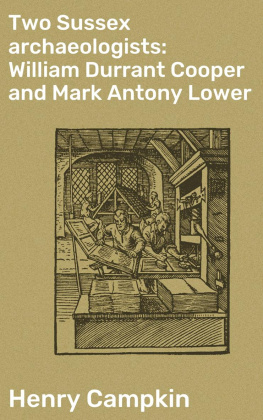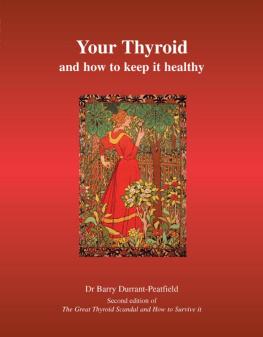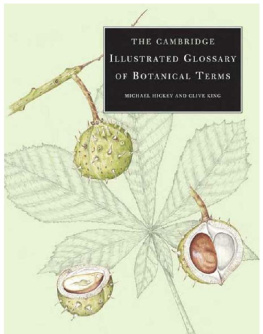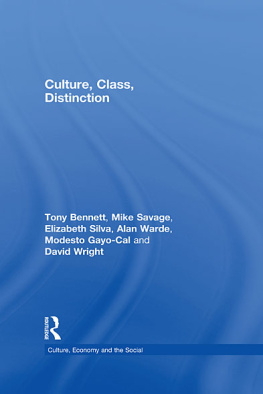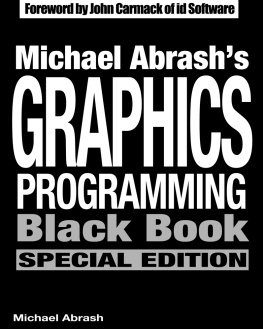
SORTALS AND THE SUBJECT-PREDICATE DISTINCTION
The problem of the subject-predicate distinction has featured centrally in much of modem philosophy of language and philosophical logic, and the distinction is taken as basic or fundamental in modern philosophical logic. Michael Durrant, whilst explicitly not denying that the subject-predicate distinction as a distinction is ultimate, seeks to demonstrate that the distinction should not be taken as basic or fundamental and argues that the reason for it being held to be fundamental is a failure to acknowledge the category and role of the sortal.
A sortal is a symbol which furnishes us with a principle for distinguishing and counting particulars (objects), and which does so in its own right relying on no antecedent principle or method of so distinguishing or counting. This book explores sortais and their relationship to the subject-predicate distinction; arguing that the nature of sortal symbols has been misconstrued in much modern writing in the philosophy of logic by failing to distinguish sortals from names and predicates; contending that this misconstruction has led to a failure to appreciate what makes the subject-predicate distinction possible; demonstrating logical difficulties which then follow; and expounding an account of sortal symbols which seeks to be immune from the difficulties. Exploring and challenging aspects of the work of Frege, Russell, Geach, Quine, Evans and Strawson, amongst others, Durrant also provides a new challenge to certain popular presuppositions employed in many areas of contemporary philosophical debate, and offers important insights for those studying across philosophical logic, philosophy of language, and metaphysics and epistemology, in particular.
Michael Durrant is Reader in Philosophy and Honorary Senior Research Fellow in Philosophy, University of Wales, Cardiff, UK; Stephen Horton is Research Assistant, University of Wales, Cardiff, UK.
Sortals and the Subject-Predicate Distinction
MICHAEL DURRANT
Reader in Philosophy, University of Wales and Honorary Senior Research Fellow, Cardiff University
Edited, with a postscript by
STEPHEN HORTON
Research Associate, Cardiff University
First published 2001 by Ashgate Publishing
Reissued 2018 by Routledge
2 Park Square, Milton Park, Abingdon, Oxon OX14 4RN
711 ThirdAvenue, New York, NY 10017, USA
Routledge is an imprint of the Taylor & Francis Group, an informa business
Copyright Michael Durrant and Stephen Horton 2001
All rights reserved. No part of this book may be reprinted or reproduced or utilised in any form or by any electronic, mechanical, or other means, now known or hereafter invented, including photocopying and recording, or in any information storage or retrieval system, without permission in writing from the publishers.
Notice:
Product or corporate names may be trademarks or registered trademarks, and are used only for identification and explanation without intent to infringe.
Publishers Note
The publisher has gone to great lengths to ensure the quality of this reprint but points out that some imperfections in the original copies may be apparent.
Disclaimer
The publisher has made every effort to trace copyright holders and welcomes correspondence from those they have been unable to contact.
A Library of Congress record exists under LC control number: 00134436
ISBN 13: 978-1-138-71684-l (hbk)
ISBN 13: 978-1-315-19684-8 (ebk)
Contents
It is not my intention here to offer a detailed description of the content of this work as an introduction is provided by the author. Rather, the purpose of this preface is to briefly explain something of the history of the writing of this book.
Work on this book originally commenced in the late 1970s and continued up until the mid-to-late 1980s, whereupon it was interrupted by a series of events at University College, Cardiff. The net result of these occurrences led to the author becoming Head of the then Philosophy Department. This was a very traumatic period in the history of University College, Cardiff, which meant that the vast majority of the authors time and effort was taken up working for the continued existence of the Philosophy Department. Thus, owing to the overwhelming responsibility of his position, the author was unable to continue with his work on this book. Having set this work aside, it became increasingly difficult for him to find the time, until now, to return to it.
However, whilst having been forced to abandon his original efforts, the work itself was in its advanced stages with some eleven chapters and an introduction completed. Given the already immense amount of effort expended, the quality of the work already achieved and its continued philosophical relevance, funding has recently been made available by Prof. Christopher Norris for myself, acting as editor, to assist the author in the completion of this book.
With regard to the text itself, the Introduction and inclusive largely mirror, with some amendments and alterations, their original content and format. Chapter XII, the concluding chapter to the book, is a recent addition. Also included is a postscript, written by the editor, which is intended to provide a bridging link between the original work herein and contemporary philosophical discussion. There is also the addition of a bibliography, an index and a bibliography of other writings by the author.
Stephen Horton
I am grateful to the Vice-Chancellor of Cardiff University; to Professor David Skilton, Head of the School of English, Communications and Philosophy and especially Professor Christopher Norris for making available some research funding to Dr. Stephen Horton for editing this book. My debt to Dr. Horton is enormous; in some instances he has had to work from hand-written manuscripts and in other instances from amateurishly typed text; he has done all the word-processing for and preparation of the final text.
I am indebted to the editor of the Canadian Journal of Philosophy and other journals for permission to reproduce articles or sections of articles which originally appeared in their journals.
I should like to extend my great thanks to Professors Robin Attfield and Christopher Norris for their initial and continued encouragement to complete, revise and submit for publication a text originally written in the early-mid 1980s but never completed owing to increasingly demanding Administrative Duties. My thanks are equally extended to Professors Roger Trigg and Basil Mitchell for their unswerving support.
I retired from my teaching post at Cardiff in September 1999 after 37 years and I dedicate this work to the staff and students of Philosophy at Cardiff with whom it has been a privilege and joy to work for so many years.
Michael Durrant
This book forms a fitting climax to Michael Durrants career in Philosophy over some 40 years. It concerns one of his major interests in the discipline, but a feature of his work has been that he has not allowed himself to be confined to the narrow embrace of one part of philosophical thought. There is at the present day a great danger of over-specialisation in the subject, so that practitioners in one part of it have little idea of, or concern for, work in other parts. This can be particularly stultifying when developments in, say, philosophical logic are not allowed to illuminate philosophical thinking in very different areas.





